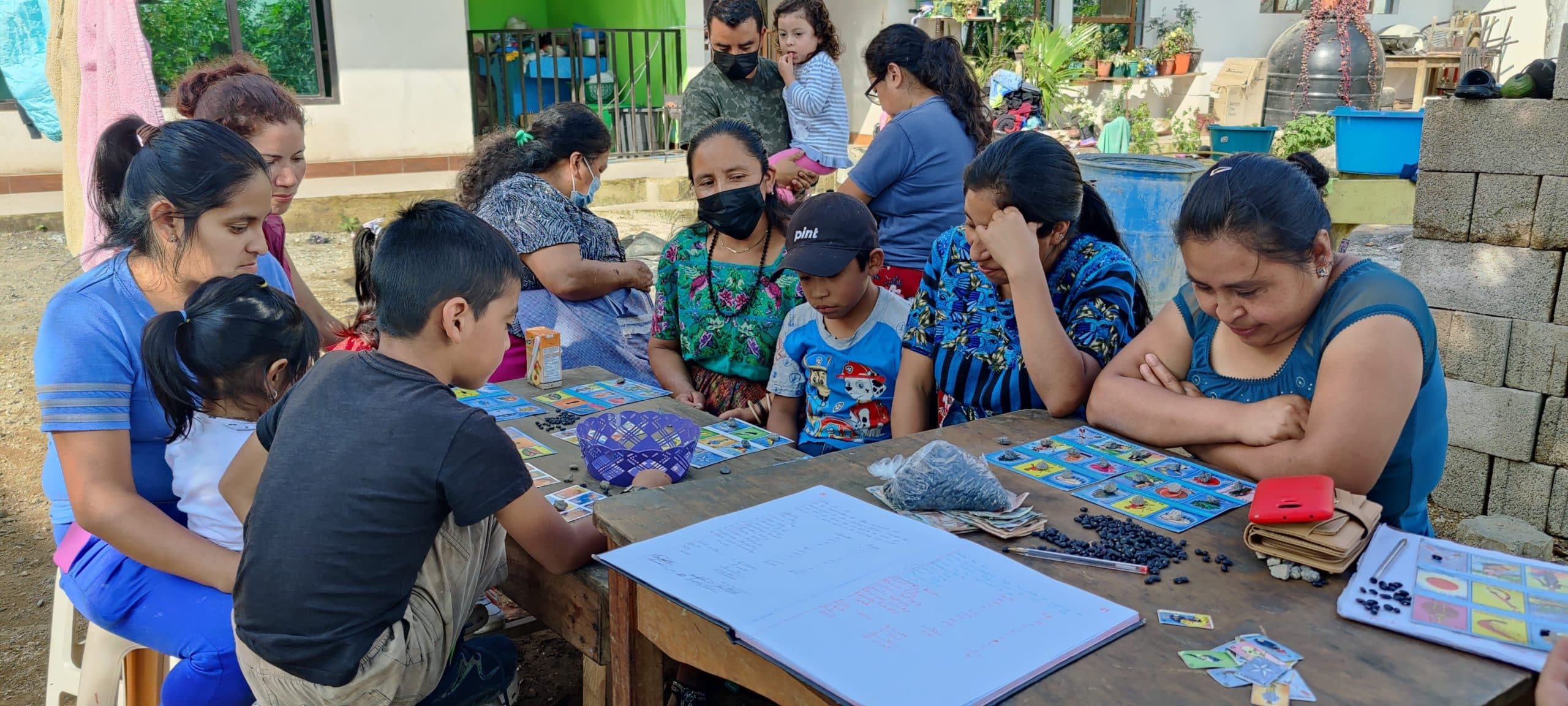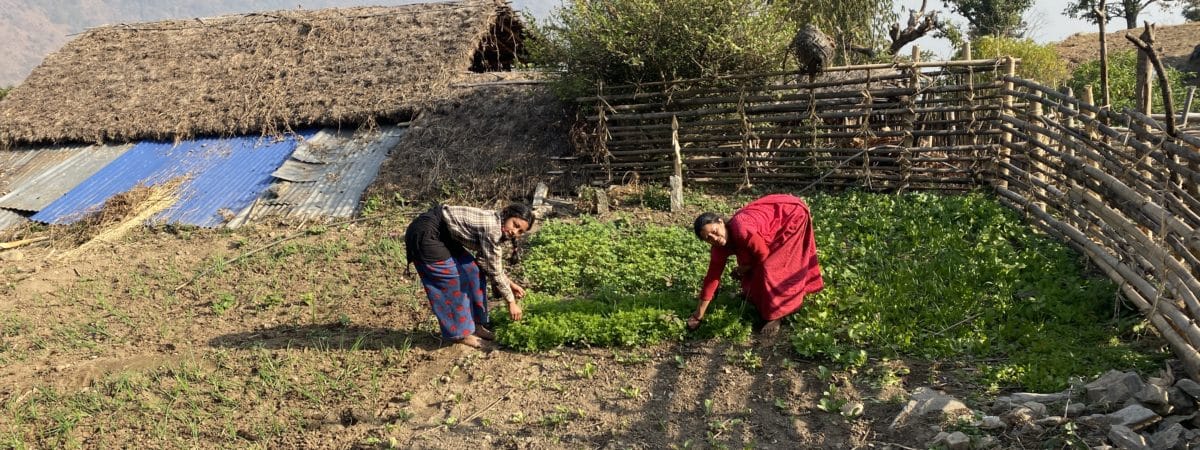The problem of open defecation
Open defecation means number two happening outside a toilet. In fields, waterways, bushes, forests streets, wherever. The countries where this happens most are India, Indonesia, Pakistan, Nigeria and Ethiopia. People unaccustomed to this state of affairs might think the problem is a lack of toilets. While this is partly to blame, other factors are also at work.
The Indian government has worked hard to make life more sanitary, notably by building more than 95 million toilets around the country. After this accomplishment, the country declared itself Open Defecation Free (ODF) in 2019. But a lot of people aren’t toilet fans.
“We have been defecating in the open for many years, it has become more of a habit now,” said Vandana Kumari, a resident of the village of Bargadia in Uttar Pradesh told The Wire. “Toilets constructed in households are mostly left unused. We tried using it but the sludge flows through drains, which are located right in front of our house. It is a 10 to 15 minute walk to the jungle where we find it is safe to openly defecate.”
To those accustomed to using fields, it’s totally gross and counterintuitive to want to do that in your home. Indian Hindus also have cultural taboos about cleanliness and purity that preclude cleaning and maintaining toilets — tasks perceived as befitting the untouchable caste. Indian Muslims have been quicker to welcome toilets into their homes. Some experts believe this explains why Muslim children have a better chance of living to celebrate their fifth birthday, despite being a disadvantaged minority within India. Also, open defecation could be the reason that one in five Indian children have stunted growth.
Some of the objections are practical. Septic tank toilets — one of three toilet types used widely in India — have a bad habit of accumulating sludge in drainpipes close to homes. This makes the risk of exposure to fecal bacteria worse than using a field. In drought-prone villages, people would rather use limited water for drinking and washing than for flushing toilets.
World Neighbors works in Bihar, India
The international development organization World Neighbors is helping people in rural communities of the Madhubani District in Bihar solve the problem of contamination from open defecation, and turning dangerous waste into usable fertilizer. Bihar is a northeast Indian state that borders Nepal.
World Neighbors’ project included 2,500 households in 20 rural communities. The organization focused on water, sanitation, hygiene, nutrition and reproductive health in order to reduce diseases and raise living standards. After the intervention, three of the villages involved attained ODF status from their village councils. Dalits, a.k.a. untouchables, lived in 12 of the communities and had substandard water, sanitation and hygiene practices.
“Around 76% of the population in north Bihar lives under the recurring threat of floods,” according to World Neighbors. “This adds another dimension to handling human waste. That excreted in the open can be washed into creeks, rivers and other water sources, greatly raising the risk of illness for humans and livestock.”





